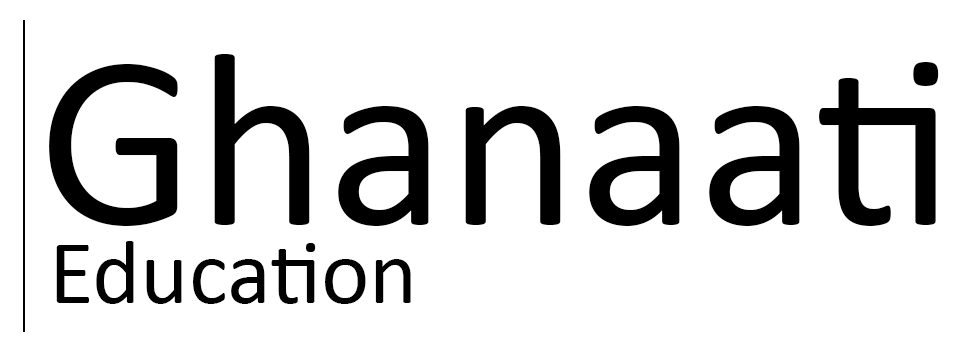Professor Shahram Ghanaati is a board-certified oral and maxillofacial surgeon with additional specialization in plastic surgery. He serves as Deputy Director and Senior Chief Consultant of the Department of Oral, Cranio-Maxillofacial and Plastic Facial Surgery at Frankfurt University Medical Center, where he also directs the Head and Neck Cancer Center and the Wound Center. He is internationally recognized for his pioneering research in biomaterials, tissue engineering, and biologics, and for translating these innovations into clinical practice worldwide.
From the beginning of his career, Professor Ghanaati has combined excellence in clinical practice, research, and teaching. Since joining Goethe University Frankfurt in 2007, he has founded the FORM-Lab for biomaterial research and tissue engineering, mentored countless researchers, and established a study unit dedicated to clinical trials in regenerative therapies. Through this work, he has built one of the world’s foremost centers for clinically oriented biomaterial research, translating basic science into everyday clinical practice.
In both his clinical practice and research, Professor Ghanaati focuses on two key areas: reconstruction with biomaterials and regeneration using blood concentrates for tissue repair throughout the body. As a leading oncological and reconstructive surgeon, he develops innovative approaches for treating large bone and soft tissue defects following cancer surgery. His work has introduced novel surgical methods, including the Guided Open Wound Healing Concept (GOWH) for biomaterial-based tissue augmentation. Since 2010, in collaboration with Dr. Joseph Choukroun, he has advanced the field of autologous blood concentrates, co-developing the Low-Speed Centrifugation Concept (LSCC), which laid the foundation for the AWMF S3-guideline on the clinical use of platelet-rich fibrin in dentistry.
In 2020, Professor Ghanaati founded the Academy for Medical and Oral Regeneration (AMOR), an international platform dedicated to advancing biologics and biomaterials in medicine. AMOR supports basic and clinical research, conducts clinical studies to explore the link between oral health and systemic health, and provides national and international training in GOWH. Building on his extensive experience, he has also pioneered new educational formats for physicians and dentists, integrating cutting-edge science with practical training. To enhance knowledge transfer, he introduced 3D visualization into surgical education and, in 2024, founded Visiogenics and its online platform, ghanaati-education.com, to expand global access to biologic surgical education.
Professor Ghanaati is a highly sought-after speaker, having delivered more than 180 lectures at international congresses and over 250 hands-on courses and workshops worldwide. He has published more than 200 peer-reviewed papers, with an H-Index of 41 and a cumulative impact factor exceeding 640. In addition to serving as a reviewer for numerous journals in regenerative medicine, oral and maxillofacial surgery, and head and neck oncology, he is Senior Associate Editor of the Journal of Oral Implantology (JOI).
He has received numerous national and international awards for his clinical and scientific contributions and has served as a guest lecturer and adjunct faculty at universities worldwide. Since 2024, he has been Adjunct Instructor at Brooks Rehabilitation College of Healthcare Sciences, Jacksonville University, where he teaches biologic concepts for facial treatment and aesthetics. At Tufts University School of Dental Medicine in Boston, he created the innovative Maxi Residency in Biological Dentistry, Biological Surgery and Implantology based on Guided Open Wound Healing, which combines theory, hands-on training, case presentations, and online modules. The program culminates in Frankfurt, Germany, where participants observe live surgery.

